From farms and ranches to citrus groves and vineyards, agriculture is known as one of the most dangerous industries. Farmers work long hours and tackle jobs like running dangerous farm equipment and working in areas with high levels of dust and chemicals. The third week of September is recognized as National Farm and Safety Week. The theme for 2021 was Farm Safety Yields Real Results, focusing on many aspects of safety for farmers such as mental health, tractor and respiratory safety.
Proper PPE in agriculture is as important in the field and the grain bins as it is on a construction site. RZ Industries is proud to be able to support some of the PPE needs of farmers. Here we round up what the agriculture experts recommend for head-to-toe safety
RESPIRATORY PROTECTION FOR FARMERS
Farmers and ranchers often work in areas where air quality can be less than ideal. There are three types of respiratory hazards farmers encounter in the fields:
- Particulate contaminants like dust, mold, and fumes
- Hazardous gases and vapors such as pesticides, paints, adhesives, and lacquer thinner.
- Oxygen-deficient atmospheres like manure storage and oxygen-limiting silos.
RZ masks provide up to 99.9% protection, surpassing the N95 standard for the first category of particulates - mold dust, grain dust, manure dust, dust from poultry operations, road or field dust, and untreated sawdust. Proper fit is crucial to the performance of your mask. Respiratory protection should provide a 360 degree seal to ensure that you’re filtering out both large and microscopic airborne particulates. Wear your RZ Mask when working near grain, corn and dust in the field.

When it comes to farming, animal barns are known for their extreme odors. RZ Carbon Activated F1 Filters reduce odors and are standard in every mask purchase.
EYE PROTECTION FOR FARMERS
Most eye injuries can be prevented by wearing the appropriate PPE. Feed grinding, handling chemicals, welding and any task in a dusty environment call for proper eye protection.
RZ offers two types of glasses, clear and tinted safety glasses designed for dusty environments. RZ safety glasses protect from particles that enter the eye from the front and meet the ANSI Z87.1 standard for basic safety glasses. These should only be worn when there is no chance of injury from side impact, splashes or sparks.
RZ Tinted Safety Glasses provide safety for use outdoors to protect the eyes from bright UV rays in dusty environments.
Always put on protective eyewear before entering an area where hazards may be present. Be sure that it fits properly and comfortably. Check for damage regularly and replace glasses if you notice any defects. Find additional eye safety recommendations from Ag Safety & Health.
HEARING PROTECTION
According to the Great Plains Center for Agriculture Health, hearing loss from exposure to hazardous levels of noise such as grain dryers, tractors, combines, livestock and chainsaws is common among farmers and agriculture workers. For most farmers, hearing loss occurs gradually over time and is permanent. One crucial way to protect your quality of life is by wearing hearing protection that meets the ANSI standards.
RZ Ear Muffs provide 26db of noise reduction and meet the ANSI S3.19-1974 standard for hearing protection. They’re adjustable and padded for comfort and long-term wear.
HEAD-TO-TOE BODY PROTECTION FOR FARMERS
AgriSafe provides guidance on how to protect yourself while farming from head-to-toe. Below are additional safety guidelines for use in dusty environments.
HEAD PROTECTION
When exposed to impact and penetration hazards wear a safety helmet or hard hat that fits appropriately and meets the (ANSI) Z89.1-2009 standard. For sun exposure, wear a sun safe hat or sunscreen.

BODY PROTECTION
Technically all clothing shields you from the sun, but not all fabrics and colors are created equally. The Skin Cancer Foundation recommends dark or bright colors that keep UV rays from reaching your skin. Materials like denim, canvas, wool or synthetic fibers are the best materials for sun protection. Look for clothing with a UPF of at least 30 or use a broad spectrum (UVA/UVB) sunscreen with an SPF of 30 or higher. Look for the Skin Cancer Foundation Seal of Recommendation whenever you shop.
PROTECT YOUR FEET
Farmers have received foot injuries from animals stepping on their feet, dropping heavy objects on their feet, and stepping on sharp objects. For the most protection, farmers should always wear safety shoes when working. Choose work shoes for the job and hazard that meet the ASTM F-2412- Feet 2005 and ASTM F-2413-2005 standard.



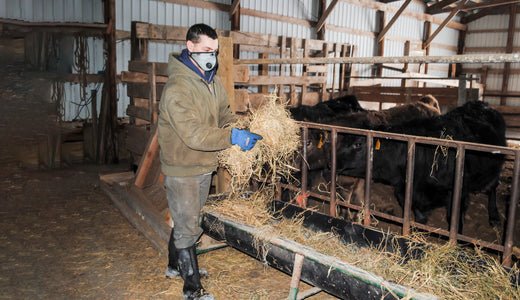





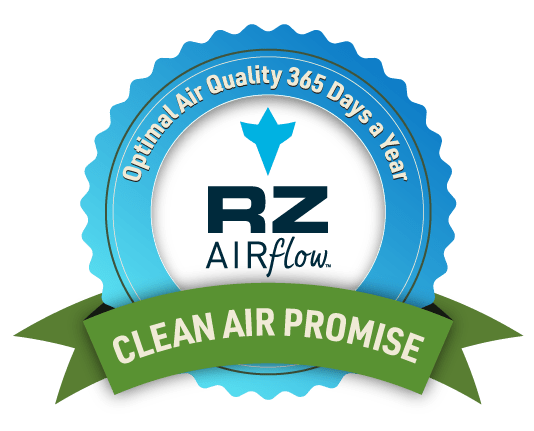
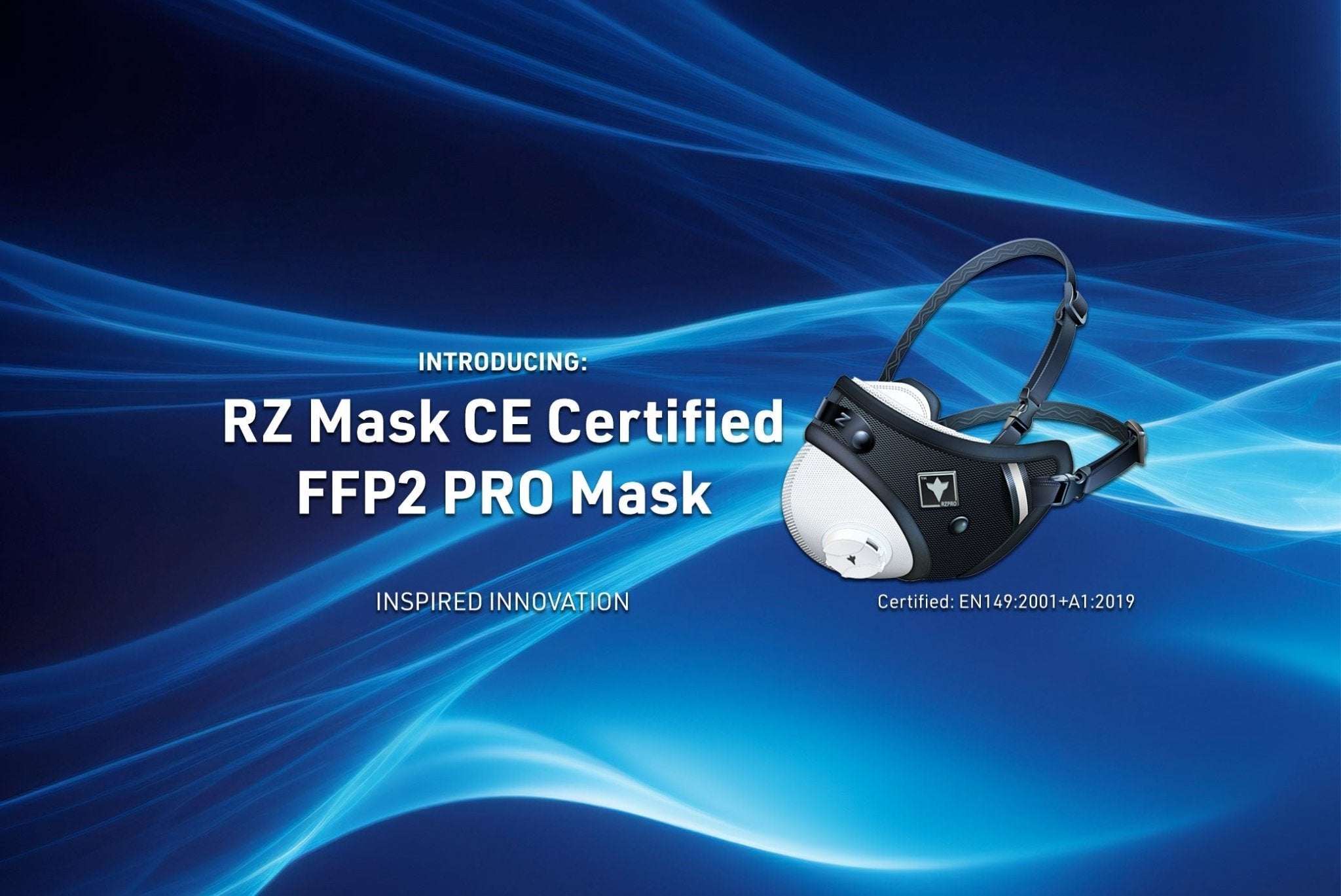

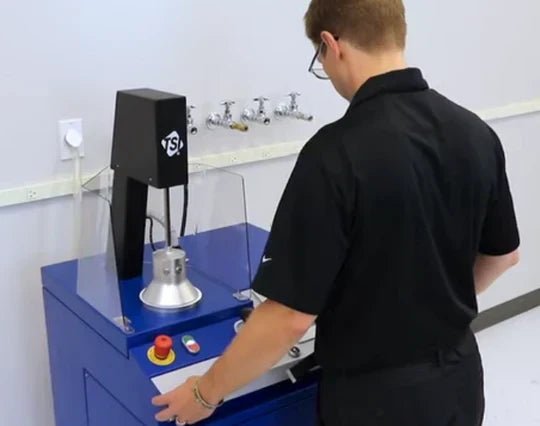
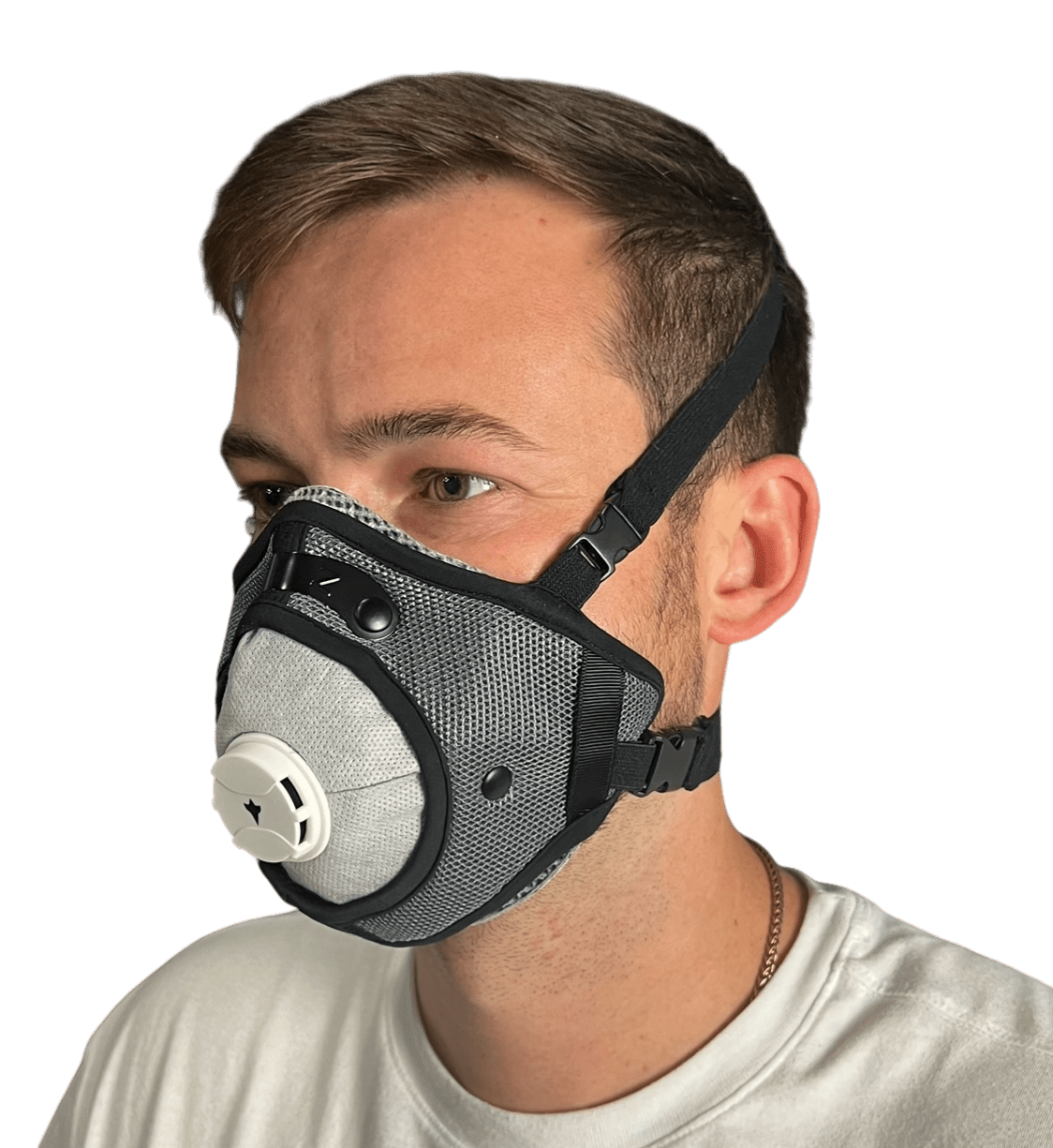
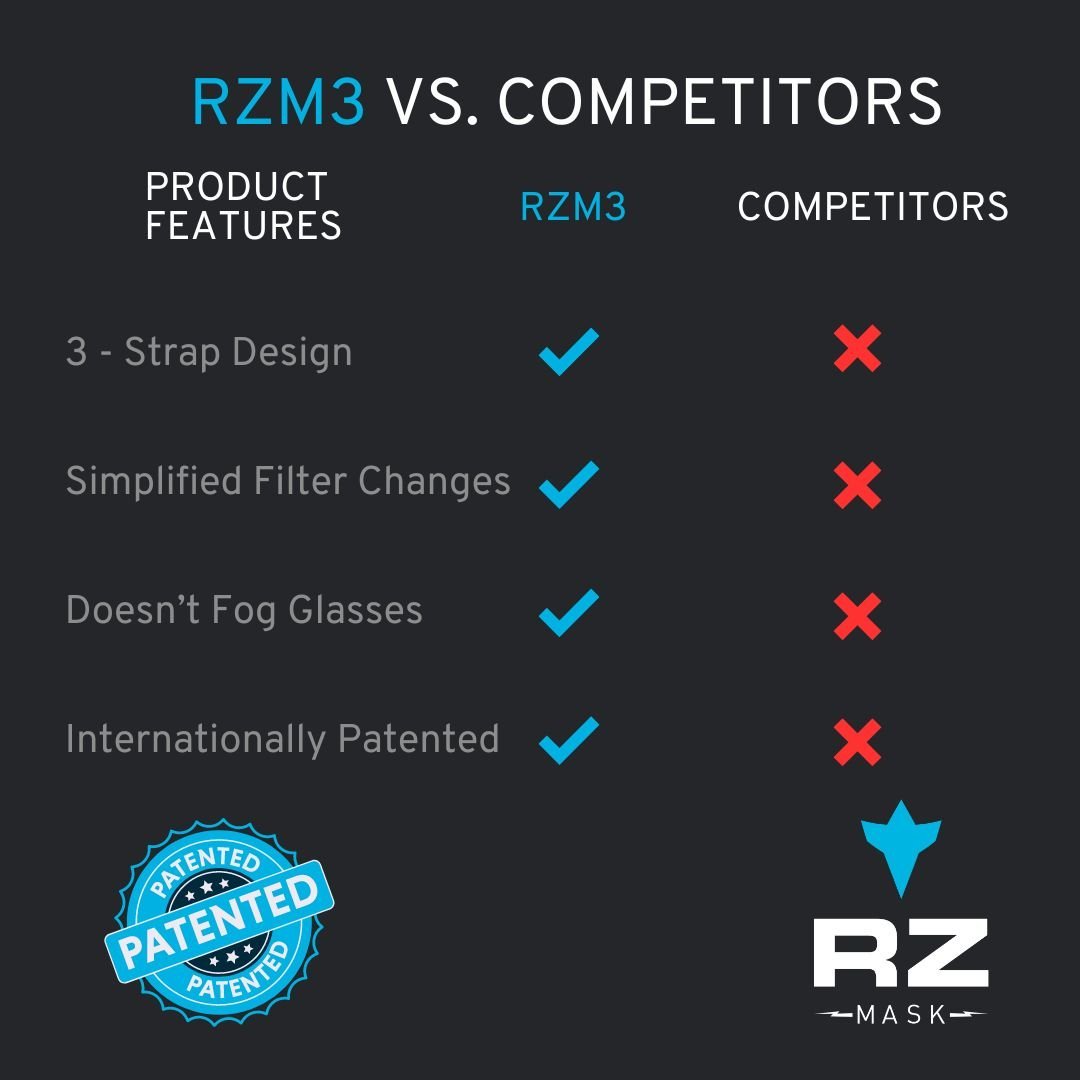
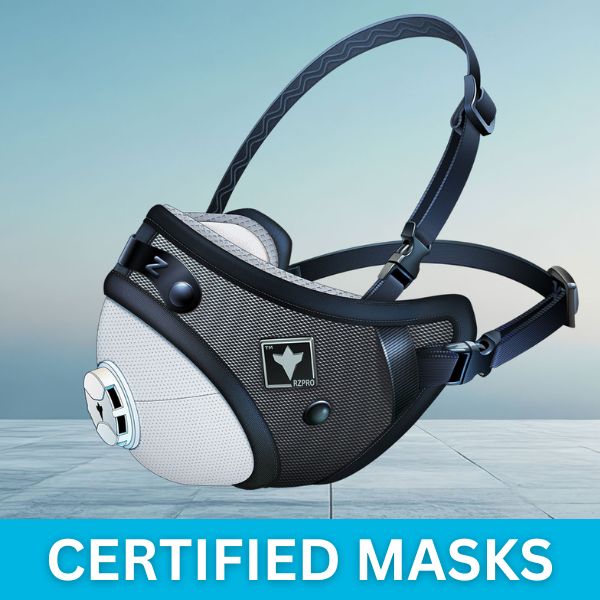
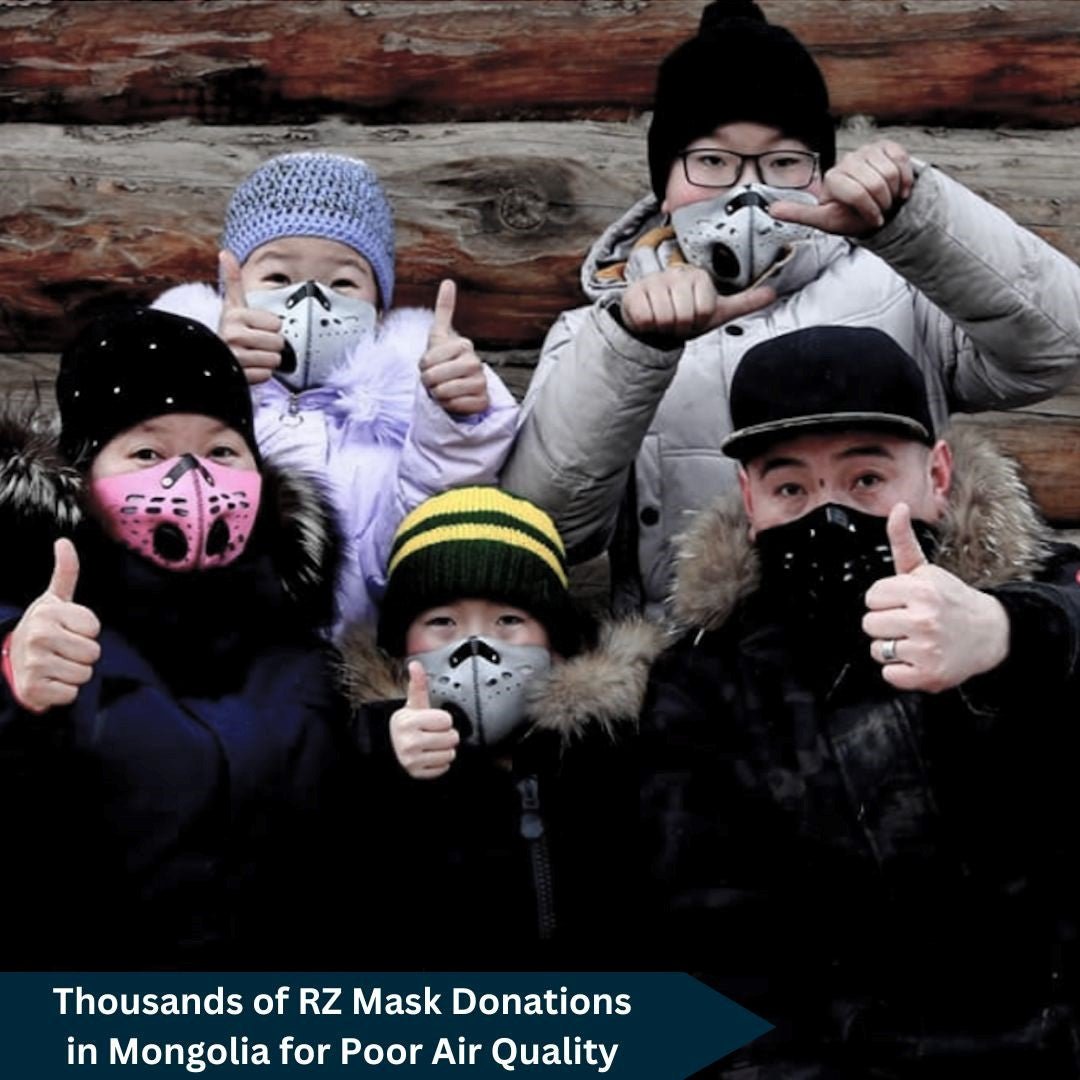
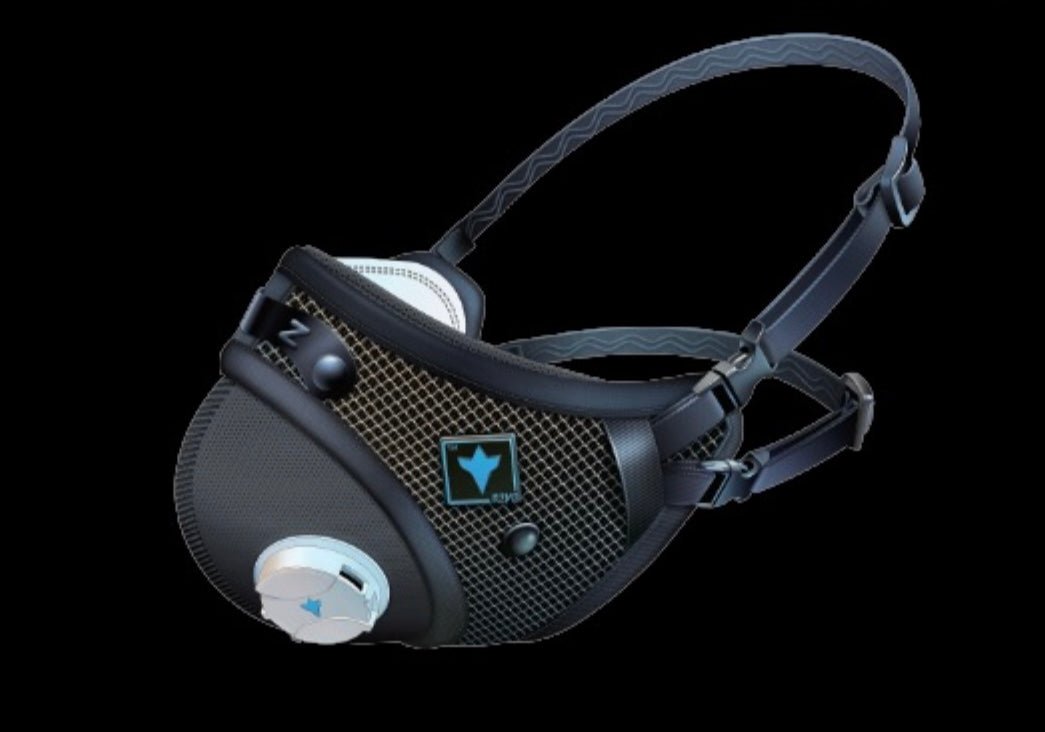
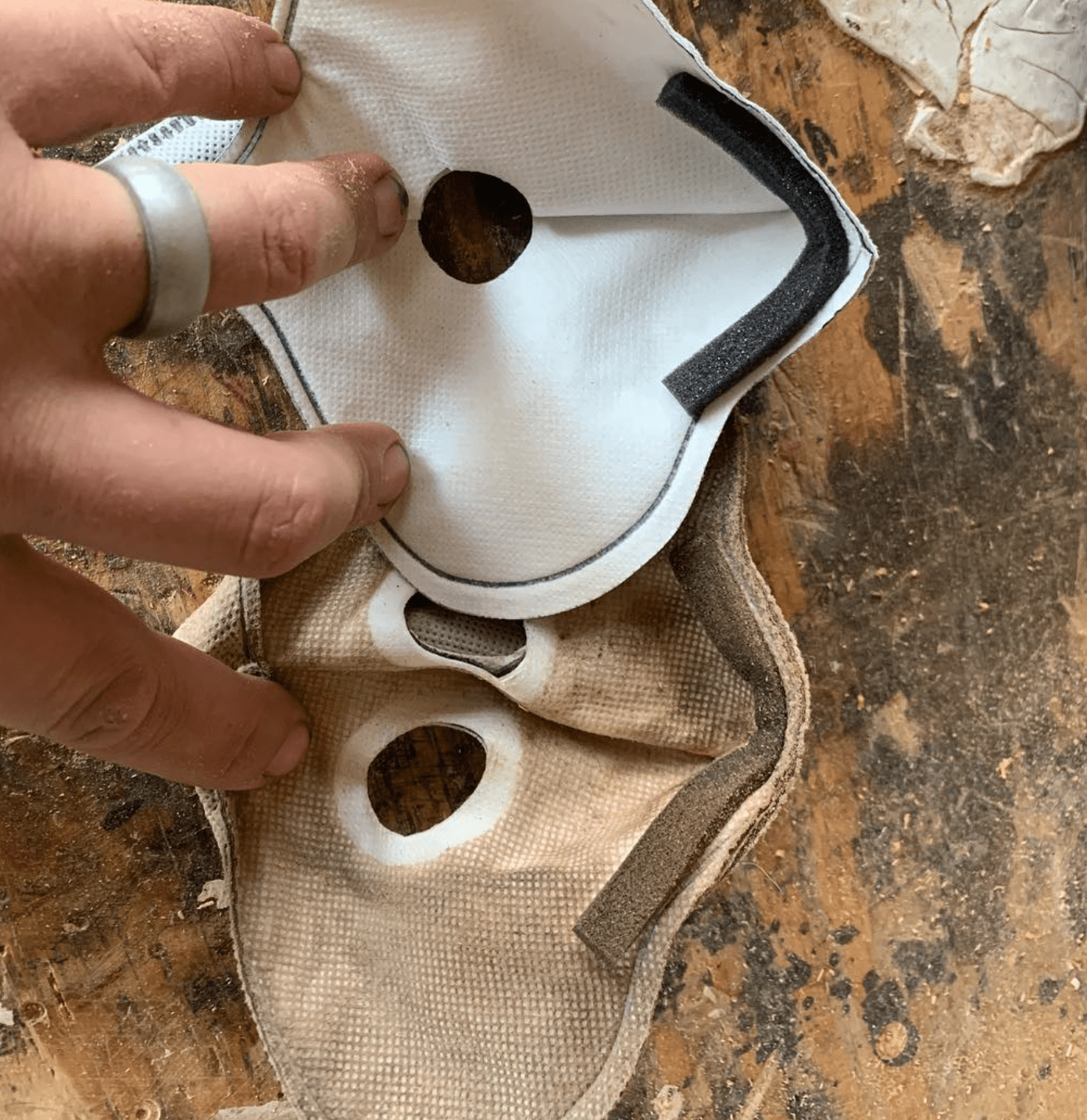
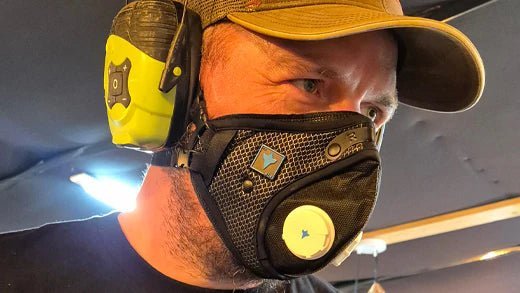

RZ Asks a Pro Landscaper: How Should You Prep Your Yard for Winter?
Personal Health: Tips for Fall Allergies